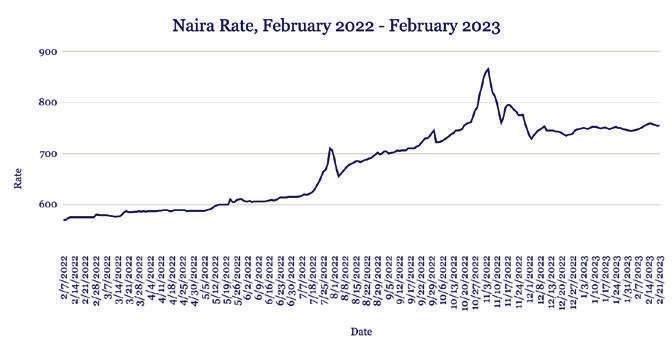
2 minute read
BoG must not worsen the plight of businesses — GNCCI reacts to policy rate hike
countered over the past few years, including supply chain disruptions, reduced demand, cash ow challenges, and the recent upward adjustment of utility tari s, the posture adopted by the Central Bank does not augur well in sustaining a conducive business environment.
The event was attended by government o cials including Minister for Communications and Digitalization, Hon. Ursula Owusu, CEO of Accra Digital Center, Kwadwo Baah Agyemang, South African High Commissioner to Ghana, H.E. Grace Mason, Minister for Works and Housing, Hon. Francis Asenso-Boakye, Member of Parliament for Okaikwei South, Hon. Dakoa Newman, Board Chairperson of the National Communications Authority
Advertisement
Isaac Emil Osei-Bonsu Esq., Director-General of National Information Technology Agency (NITA), Richard Okyere Ofosu and board members of the Ghana Digital Centres Limited as well as a cross section of MTN Executives and sta , media and other stakeholders.
The Ghana National Chamber of Commerce and Industry (GNCCI) has said that the recent increase of the policy rate to a historical high of 29.5 per cent will worsen the plight of businesses in the country. The chamber expressed concern that the continuous increase of the policy rate from 14.5 per cent to the current level was alarming and would have detrimental impact on the business climate in Ghana.
A statement by the chamber stated that in the face of the challenges business have en-
“Majority of businesses including GNCCI members are struggling to break-even in their business operations which is critically undermining their competitiveness, with some manufacturing companies already siting production units outside Ghana to enjoy cheaper inputs.
“The GNCCI holds the view that the recent hike in the monetary policy rate will exacerbate the challenges confronting businesses in Ghana, as it will result in higher borrowing costs and reduced in- vestment, thereby hampering growth and employment prospects,” the release noted. The release also noted that the policy rate would also have adverse e ects on consumer spending, exchange rates, and in ation expectations, consequently dampening the business climate in Ghana. Furthermore, it said the proposed Excise Duty Bill and the Growth and Sustainability Levy Bill aimed at boosting government revenue would weigh heavily on businesses, posing signi cant obstacles to their performance, resilience, and sustainability.
In light of these concerns, the GNCCI advocates for policies that support businesses and help mitigate the negative impact of policy rate increase.
The Chamber’s proposals include providing targeted sup- port for SMEs through nancial aid and access to credit, as well as implementing measures that promote economic growth, such as increasing investment in infrastructure and other sectors.
The release, which was signed by the President of the Chamber, Clement Osei-Amoako, said importantly, macroeconomic policies must aim at strengthening the micro economy and not weakening it Furthermore, the Chamber believes that Ghana’s economic management challenges were partially attributed to an overemphasis on macro prudential programmes, and instead, the way forward lied in prioritising microeconomic diligence by implementing competition laws, structures and path-walking, value addition, and export development,” it’s the release stated.









